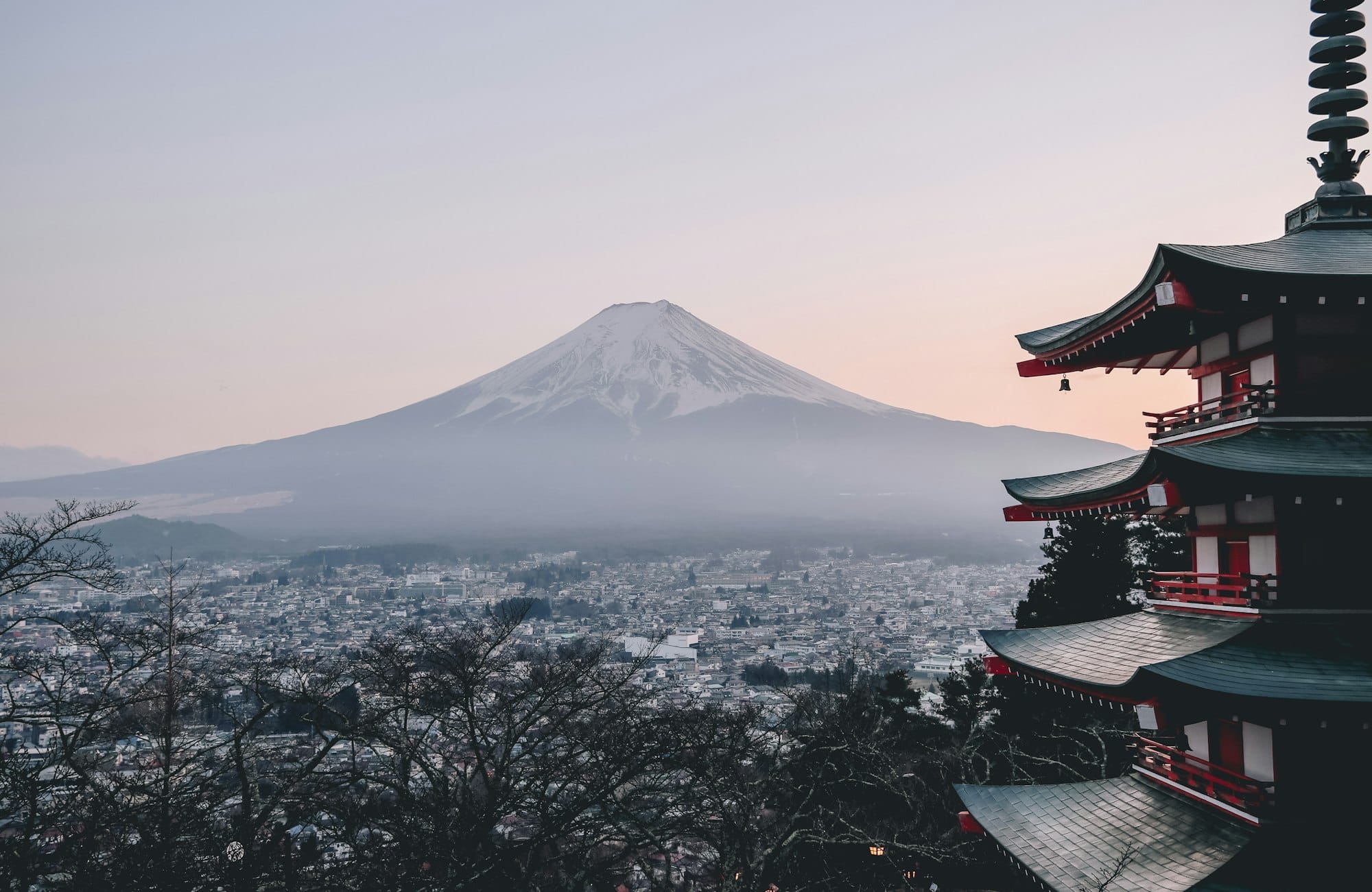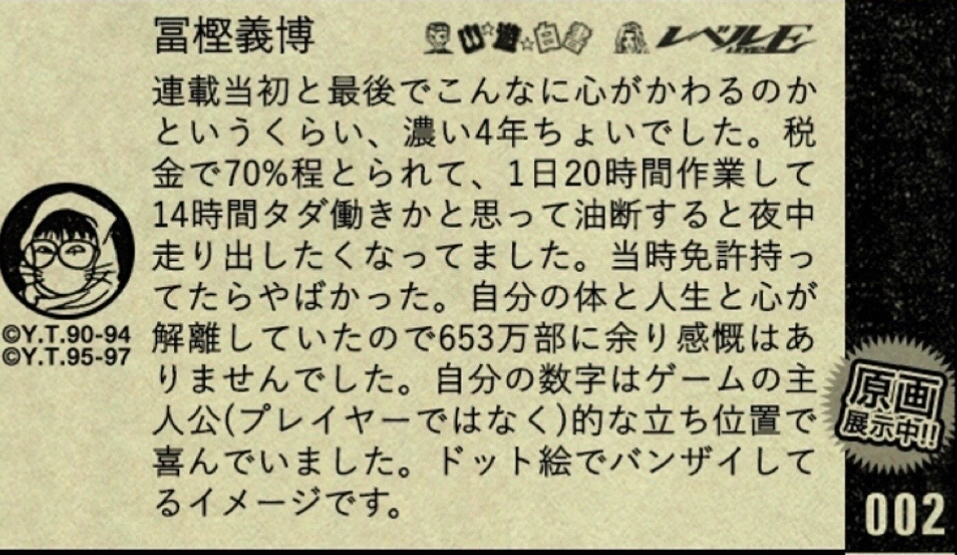Japanese Tax Law

Since KC is a big anime fan, this article on Japanese tax law takes a lighthearted approach by diving into the life of Yoshihiro Togashi, one of Japan’s most famous manga artists, to make things more engaging.
Yoshihiro Togashi is the creator of iconic manga series such as Yu Yu Hakusho and Hunter x Hunter. While fans were already disappointed by the rushed ending of Yu Yu Hakusho, their frustration reached new heights with Hunter x Hunter. Togashi is notorious for his frequent hiatuses—he stops publishing whenever he feels like it, often with no clear indication of when he’ll return. For instance, after releasing Chapter 390 on November 26, 2018, he went on hiatus, and as of today (May 23, 2022), Chapter 391 is nowhere to be seen. This marks a nearly three-and-a-half-year break, the longest hiatus in the series’ history—and it’s still ongoing.
To put this into perspective, Hunter x Hunter began serialization in 1998, not long after Hong Kong’s return to China. Now, Hong Kong is preparing to celebrate its 25th anniversary of reunification, and yet Togashi, the husband of Sailor Moon’s creator, still hasn’t wrapped up his story. No wonder Chinese fans have nicknamed him “Fu Jian” (a pun meaning “Togashi the Scammer”).
The reasons for his hiatuses are widely debated. Some say it’s due to chronic back pain and hand injuries, others claim he’s busy raising children, and some believe he’s simply addicted to gaming. However, the most revealing reason might come from Togashi himself. In a statement published in Weekly Shonen Jump’s 50th-anniversary issue in 2018, he wrote:

“My feelings about serialization changed drastically over the four intense years at the beginning and end of my career. Since about 70% of my income is taken away by taxes, working 20 hours a day essentially means I’m working 14 of those hours for free. Thinking about that made me want to run out into the night. If I had a driver’s license back then, it might have been disastrous. My body, lifestyle, and mental state were completely falling apart. Even though Jump sold 6.53 million copies, I didn’t care much. I was just happy with my own numbers, like a video game character (not the player). I honestly wanted to shout, ‘Hooray!’ in pixel art style.”
According to Togashi, the high tax rate in Japan—up to 70%—sapped his motivation to draw. As he pointed out, Japan is indeed a high-tax country. As international tax experts, we generally wouldn’t recommend clients move to Japan for tax reasons.
That said, many Chinese nationals still choose to relocate to Japan. According to the Blue Book of Chinese International Migration Report 2020, Japan ranked as the second most popular destination for Chinese immigrants in both 2015 and 2019. In 2015, 710,000 Chinese nationals moved to Japan, and by 2019, that number had grown to nearly 790,000. Proximity to China, a developed economy, and a love for Japanese culture are the primary reasons behind this trend.
Let’s dive into an overview of Japan’s tax system.

